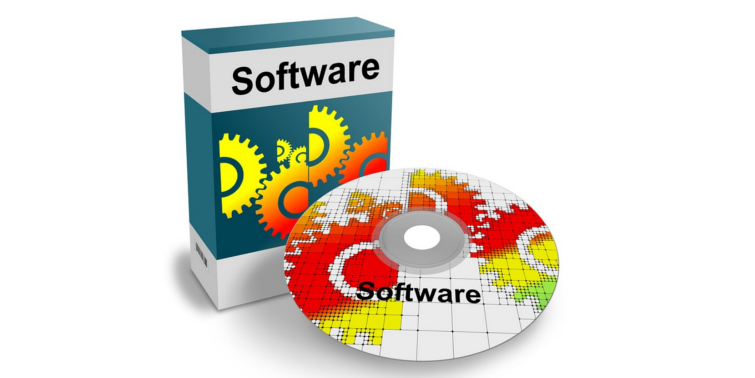
How To Create A License For Software
How To Create A License For Software
Protecting the software company and the end-user is one of the many benefits of software licensing. Large and small companies alike are vulnerable. Unknowingly, organizations and individuals often utilize unlicensed software. Using unlicensed software is against the law and may result in a loss of time and money. Additionally, it might have a detrimental effect on production and efficiency. In this article, we will highlight the importance of software licensing and how to create a license for software.
Software Licenses
A software license is a legally binding agreement that outlines the terms and conditions for the use and distribution of software. Typically, software licenses allow end-users to make one or more copies of the program without breaking copyright laws. Additionally, the licensing agreement describes the parties’ obligations to the agreement and may place limits on how the program may be used. Software licensing terms and conditions often contain provisions governing fair use of the software, liability restrictions, warranties, and disclaimers. Additionally, they define safeguards in the event that the program or its usage violates the intellectual property rights of others. There are two distinct kinds of software licenses, each of which is treated differently under copyright law.

Free and Open-Source Software (FOSS)
The term “open source” is often used to refer to licensing for free and open-source software (FOSS). Along with the software product, the buyer receives the FOSS source code, and generally, the client is permitted to modify the program using the source code.
Proprietary License
Closed source is often used to refer to proprietary licensing. They supply operating codes to consumers, and users are not permitted to change this program in any way. Additionally, these agreements often prohibit reverse-engineering the software’s code in order to access the source code. With software becoming increasingly more prevalent in our daily lives, we must become familiar with key aspects such as software licensing. Despite the fact that software licensing might seem to be a complicated concept, consumers should make an effort to understand the ins and outs of it in order to improve software innovation.
Why Is Knowing How To Create A License For A Software Important?
Having a software license in place protects all individuals involved from the creating of software to the end-user. For example, someone may acquire the software, reverse engineer it, and then offer their own version. The software provider loses income, and the end-user obtains an unauthorized copy of the product, resulting in performance difficulties and cybersecurity concerns. If the end-user breaches the conditions of the software license agreement, they risk losing access to the product or facing a fee. Individuals and organizations should read and comprehend the software licensing terms in their entirety.
The Importance of Hiring An Experienced Software Licensing Attorney
Deal Negotiation
Hiring a lawyer to represent you who is experienced in how to create a license for a software gives you the option to negotiate a better bargain than the one given at the time of the license’s first offer. Negotiating a stronger license agreement is critical because it will help your firm save money over time. For instance, your lawyer may be able to reduce the cost of licensing or increase the number of software licenses you may keep. Additionally, your lawyer may be able to negotiate a longer license term for your firm, ensuring that you will not need to renew it in the near future.
Usage Rights
One of the most fundamental reasons to consult a lawyer when licensing new software for your business is to ensure that you fully understand your usage rights and obligations. If the tiny print of your license is not fully understood, you risk unknowingly violating it and losing your right to use the program you need. Fortunately, you can rely on your attorney to walk you through the whole licensing agreement line by line, ensuring that you thoroughly grasp each point and how the usage rights and laws will affect your capacity to use your new software in the future years, if at all. And, after everything is said and done, you’ll be able to avoid doing any activities, such as installing the program on unauthorized machines that would constitute a violation of your licensing contract.
Easy Deactivation
Suppose your company determines that it no longer requires the software you’re licensing. In that case, your lawyer can advise you on whether you may lawfully deactivate your license by providing notice or if you’ll be required to pay the penalty to exit the license early. Alternatively, if you want to transfer your software license to a new computer system, your lawyer may assist you with deactivating the license for the previous system, transferring the program to the new system, and then activating fresh licensing for it in a legal and smooth manner. Additionally, your attorney will assist you in ensuring that any actions or costs required to transfer your license to a new computer system are completed in a timely way, so you do not have to deal with a gap in your licensing.
Need An Attorney to Create a License for Software?
Elizabeth Lewis is an experienced software licensing attorney in Denver. If you have questions about how to create a license for a software, Contact the Law Office of E.C. Lewis today!






